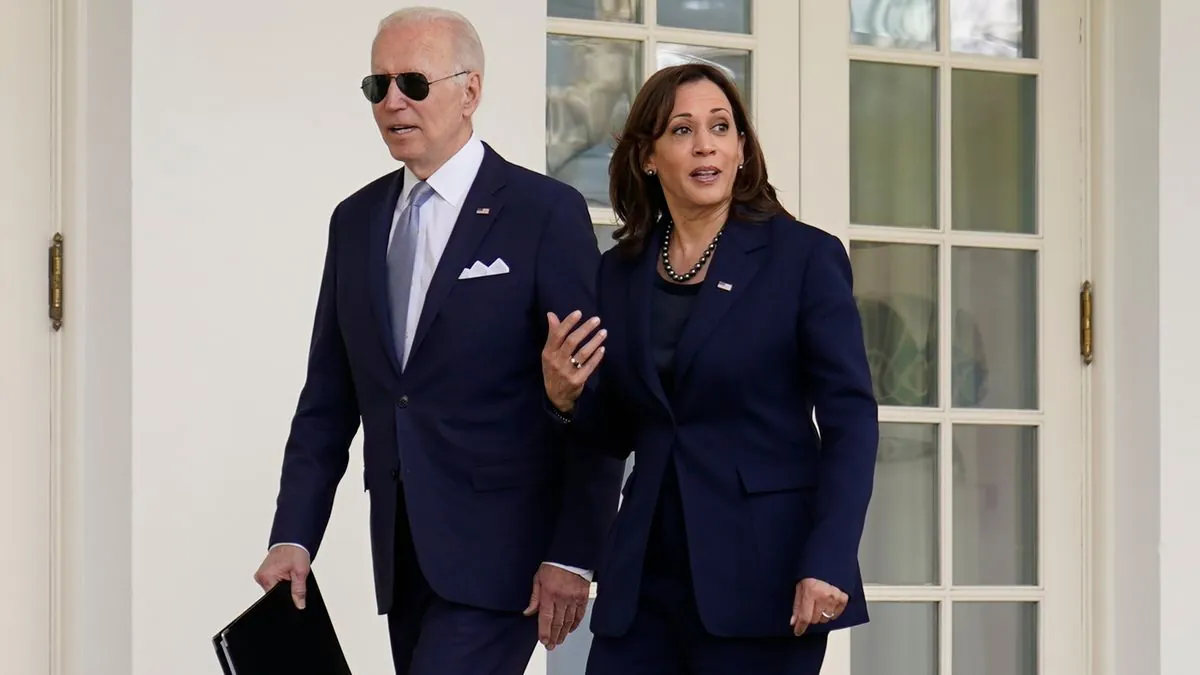The American vice presidency, once derided as insignificant, has evolved into a position of considerable influence and responsibility. As voters prepare for the upcoming vice presidential debate between JD Vance and Tim Walz on October 3, 2024, it's crucial to understand the office's growing importance in governance.
The Constitution assigns two primary duties to the vice president: succeeding the president if necessary and presiding over the Senate. However, the role has expanded significantly beyond these basic functions. Throughout the 20th century, vice presidents have taken on increasingly substantial responsibilities in policymaking and advisory capacities.
The transformation began gradually. Calvin Coolidge was invited to participate in cabinet meetings, while Henry Wallace chaired important economic boards during World War II. Richard Nixon presided over high-level meetings and engaged in international diplomacy, famously participating in the "kitchen debate" with Soviet Premier Nikita Khrushchev in July 1959.
A pivotal moment came during Jimmy Carter's administration. Walter Mondale, serving from 1977 to 1981, was integrated into Carter's inner circle and given unprecedented access to intelligence briefings and policy discussions. This "executivization" of the vice presidency set a new standard for the office.
Subsequent vice presidents have continued to play significant roles in governance:
- George H.W. Bush was deeply involved in foreign policy under Ronald Reagan.
- Al Gore led initiatives on government efficiency and internet regulation during the Clinton years.
- Dick Cheney wielded considerable influence on energy and counterterrorism policies in the George W. Bush administration.
- Joe Biden was a key advisor to Barack Obama on various issues, including Afghanistan policy.
- Mike Pence played a crucial role in maintaining relationships with conservative lawmakers and foreign leaders.
- Kamala Harris has been instrumental in addressing immigration issues and reproductive rights.
"The vice presidency is not worth a bucket of warm piss."
Despite this oft-quoted dismissal, the modern vice presidency has become a position of significant influence. Vice presidents have chaired important commissions, led policy initiatives, and served as crucial advisors to presidents on both domestic and international issues.
The office has also played a critical role in moments of national crisis. Nine vice presidents have succeeded to the presidency due to the death or resignation of the president, including Andrew Johnson, Theodore Roosevelt, and Lyndon B. Johnson. Each of these successions had profound impacts on American history and policy.
As voters evaluate vice presidential candidates, it's important to consider their potential as governing partners. The vice president's role in certifying Electoral College votes, as demonstrated during the controversial 2020 election, underscores the position's importance in upholding democratic processes.
The upcoming debate between Vance and Walz should be viewed not just as a campaign event, but as an opportunity to assess potential leaders who may significantly influence policy and governance. As history has shown, the vice presidency is far more than a ceremonial position – it's a crucial component of American leadership.
